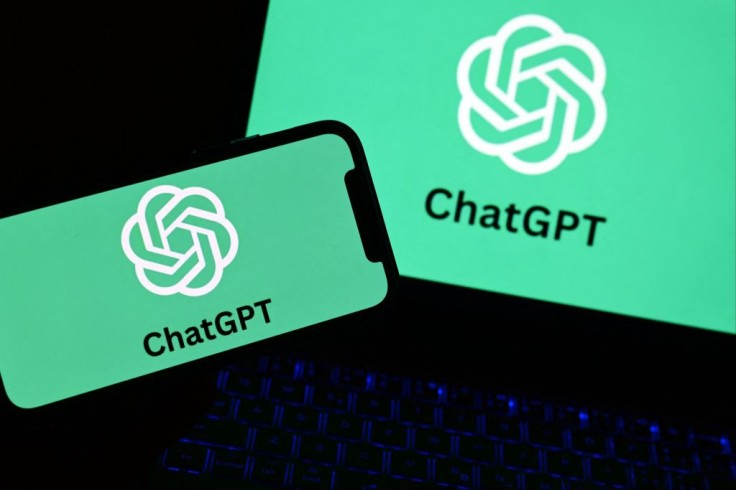ChatGPT and other generative AI text models can now be used in courtrooms to help for basic work tasks.

A judiciary guidance was released on Tuesday allowing judges in England and Wales to use artificial intelligence to help in "summarizing large bodies of text," write presentations, and compose emails.
The judges, however, were warned that the provision does not permit chatbots to conduct legal research, legal analysis, or generate legal arguments.
The issuance of the guidance came after two US lawyers were caught earlier this year citing bogus cases generated by ChatGPT. The lawyers were fined $5,000.
To prevent the same incident from happening, the guidance briefed judges on the risk of using AI in the risk of relying on AI to decide cases as well as tell-tale signs to distinguish AI-generated texts.
UK Justice System Pushes for AI Integration
Geoffrey Vos, head of the Civil Justice for England and Wales, said the guidance's stance on AI "provides great opportunities for the justice system".
The provision was the first of its kind in the country.
Vos assured that the judges are "trained" to identify AI-written documents from genuine legal writings.
The Civil Justice head, however, confided that the AI's application on business- and commerce-related cases "are miles away from that" as it may cause issues in confidence.
Vos earlier in March claimed that lawyers should not be "scared" of the "inevitable" arrival of AI but instead embrace it.
One of the benefits seen from integrating AI into the judicial system is to speed up court procedures and reduce backlogs, delivering faster justice to the population.
Why is AI Controversial on the Court Settings?
Many experts have already expressed concerns over the integration of AI and learning machines to replace key roles in the court as it deals with human lives.
Recent findings on chatbots like ChatGPT further complicate issues of bringing similar generative models to law-related professions.
OpenAI, ChatGPT's creator, has been accused of using thousands of copyrighted works to train its AI models. The company continues to face trials as of writing.









